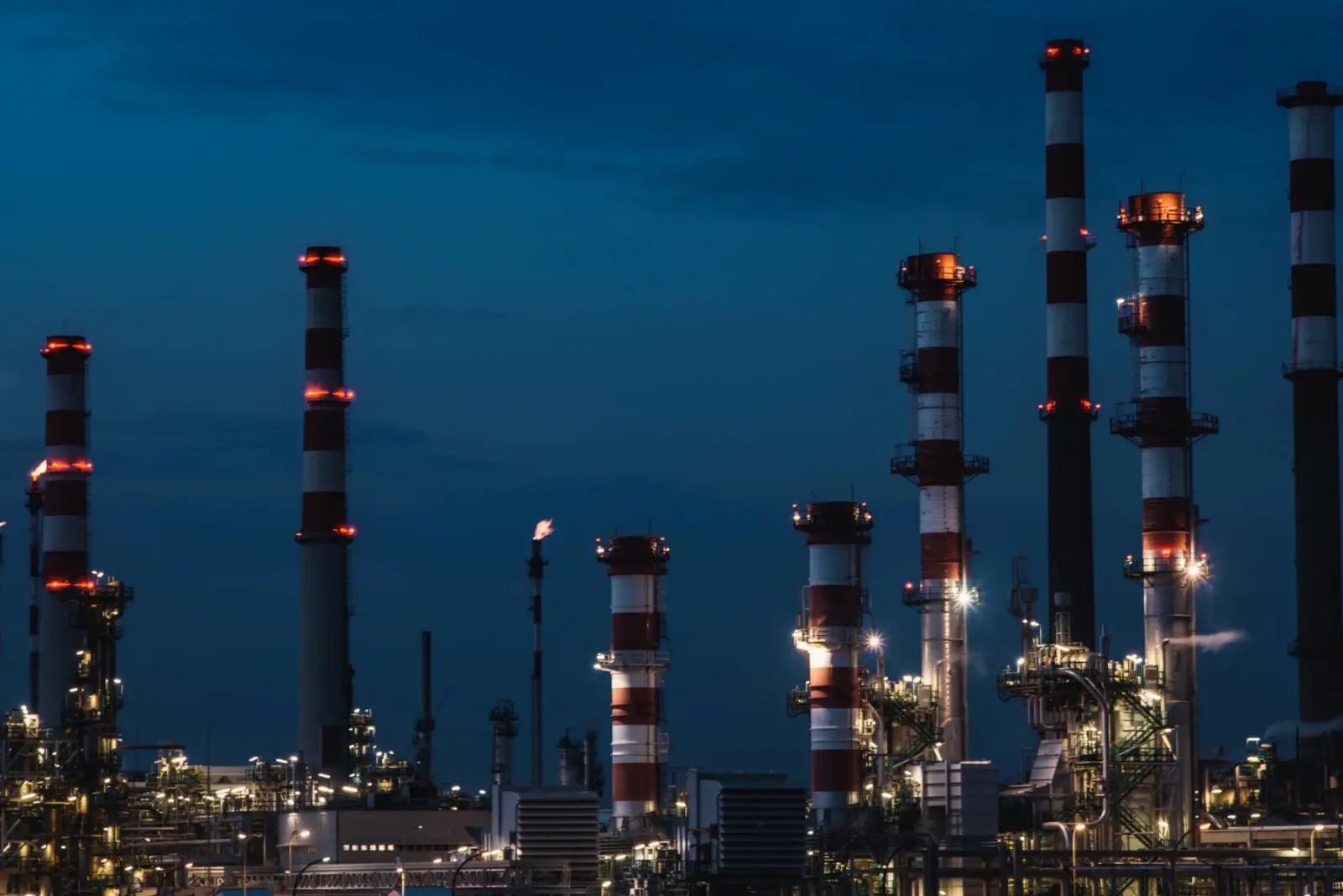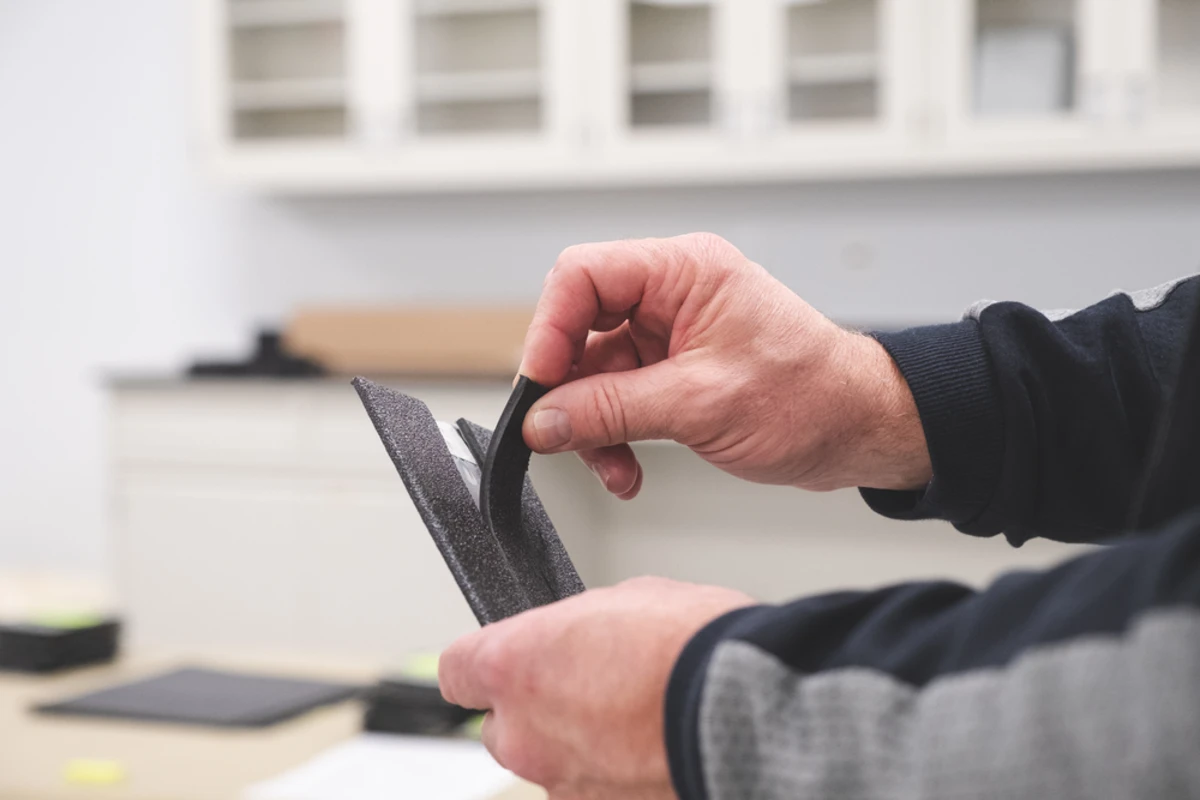Protective coatings are an essential part of protecting your floors, roofs, equipment and more from all kinds of damage. With the right coating, you can make sure that your surfaces are protected from minor to major chemical spills, impact damage, and weather damage.
But what is the right coating for you? There are many different kinds of protective coatings, and while a lot of them have similar uses, the differences are important enough to matter when choosing your coating. The two coatings we’ll be taking a look at here are polyurea and polyaspartic coatings.
What is Polyurea?
Polyurea is a coating compound created through the combination of synthetic resin and reactive isocyanate materials. This results in a durable, flexible compound that can prevent corrosion, resists erosion over long periods of time, stands up to impact damage, and is waterproof.
Polyurea is one of the strongest and most versatile coatings you can use. It is resistant to chemical damage, abrasion, heavy impacts, and temperature variations. Additionally, you can have polyurea specially created to specially cater to your specific needs.
One of the most attractive features of polyurea is its curing time. Polyurea cures to the point of being touchable in just a few hours, and it is fully cured after 24 hours. While this doesn’t leave much room for error in the application process, it allows you to get started working with or on the newly coated surface much faster that a coating like epoxy, which takes a full week to cure.
Polyurea can be applied to a wide variety of surfaces, some of which include metals, concrete, plastic, and wood. Surfaces like these are vulnerable to damage over time, and polyurea helps to extend their lifespans by a great deal.
What is Polyaspartic?
Polyaspartic is a material primarily used for concrete flooring purposes. It is similar to polyurea in more than just name. Polyaspartic is actually a type of modified polyurea designed to overcome certain shortcomings that polyurea has. One of the bigger ones is the curing time.
Both polyurea and polyaspartic coatings cure quickly, but polyaspartic coatings take a little bit longer. This allows you to spread the coating at a more even pace without worrying about it drying up too fast.
While polyurea is an incredibly durable material, it does suffer under UV rays. In mild circumstances, this will lead to discoloration over time. In more extreme cases, the UV rays will cause the bonding to break and cracks to form in the coating.
Polyaspartic is specifically designed to be more UV resistant than even specially made UV resistant polyurea coatings. Polyaspartic coatings don’t change color under the sun, and they don’t crack or weaken in sunlight.
Which One Should You Use?
As previously stated, polyurea and polyaspartic are very similar to each other. The biggest difference between them is that one cures faster and one is highly resistant to UV rays. In theory, both could do the other’s jobs somewhat effectively, but they each have uses that they excel at.
If you need lining for liquid storage tanks, truck bed liners, roofing, and other similar projects, your best bet will be polyurea.
If you need coating for a concrete patio, garage floor, industrial flooring, and wet rooms, the best option for you will be polyaspartic.
Conclusion
Polyaspartic is a versatile relative of polyurea that is just as durable and flexible, but with the added benefit of resisting UV rays. This makes it perfect for a variety of applications. The polyaspartic coating offered by Ultimate Linings feature these UV stable and stain resistant qualities with the added bonus of an aesthetically pleasing finish.
If you’re looking for coating solutions, Ultimate Linings features a variety of products and services, including consultations and professional installation. Contact us today to schedule an appointment.


